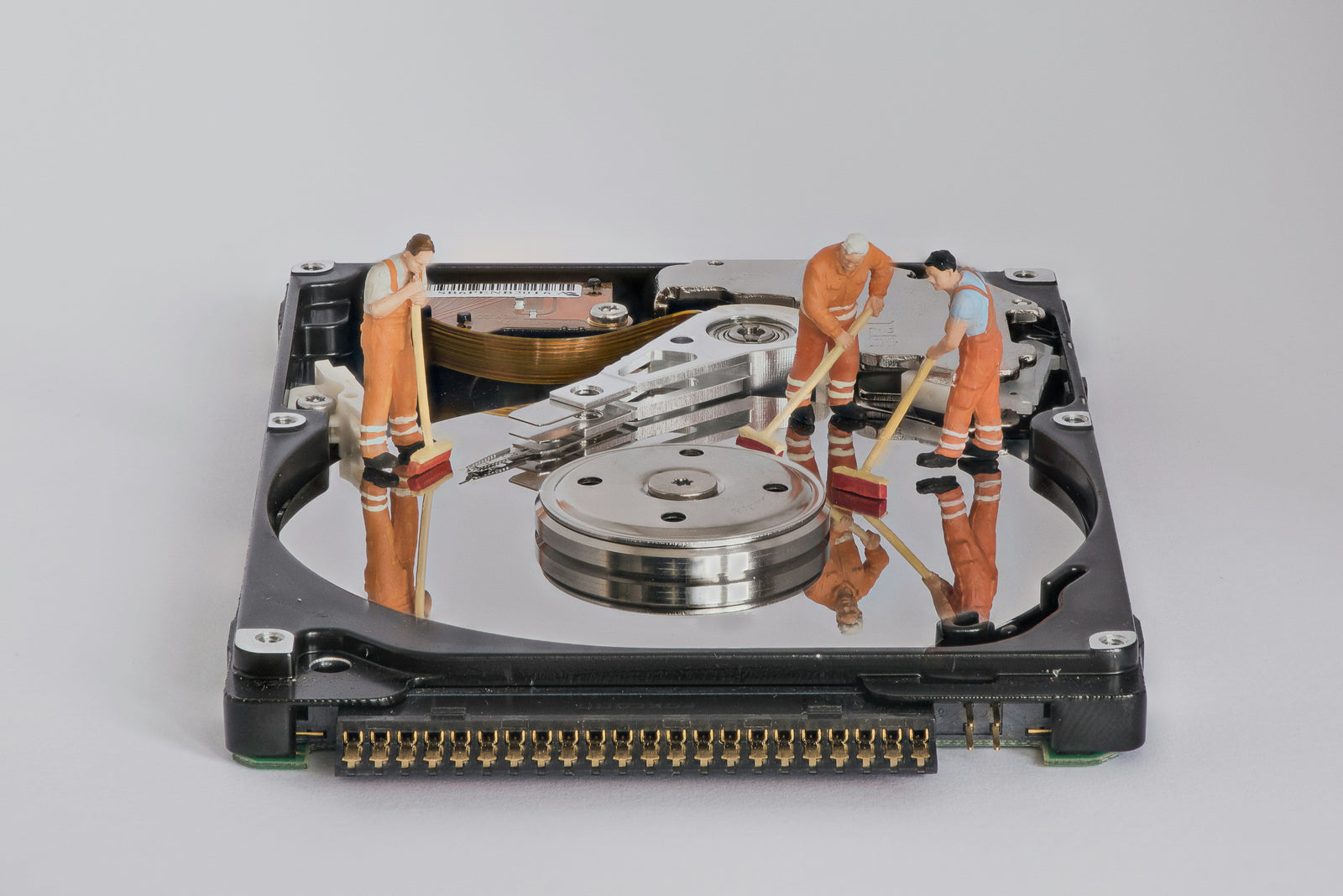Powerful leaders from John Adams to Andy Warhol and Oprah Winfrey have taught us an important truth: devoting time to journaling fosters values of focus, patience, self-discipline and personal growth. Although it might seem to be an insignificant habit, writing down our thoughts and experiences can help us plan for the future and generate the need for more introspection and self-reflection. Sometimes it’s the simplest changes that can make the biggest difference to our levels of happiness. Here are 5 great ways that journaling can make you happier at work.
Use your notebook to list attainable goals at the start of each day
Research has shown that failing to meet goals and expectations can negatively impact your motivation and desire to succeed in the future. Oftentimes, we set ourselves lofty goals to try to self-motivate, but when we inevitably fail it has the opposite effect.
At the beginning of each day, write in your notebook a list of four or five attainable things that you want to accomplish that day. This will give you clarity of purpose and a physical reminder of what you must get done before the day is out. When you’ve finished, your notebook will act as a statement of accomplishment for everything you’ve achieved that day, sending you home in a cheerful mood.
Keep a record of ideas that come up throughout the day
It’s not unusual to get a stroke of genius or find the big solution to a problem while working on something entirely different. Keeping a journal can help you keep track of ideas that surface during the day, most often at a time when you are preoccupied with other work tasks. Writing down these ideas throughout the day will allow you to get back to them later. You’ll find that jotting down ideas will inspire further creativity that will leave you filling up that journal in no time.
Write down advice from colleagues and mentors
A journal is the perfect place to write down insights that are shared by friends and colleagues at work. People in your career can usually relate to the situations that you are experiencing and are often able to provide relevant and meaningful advice.
Don’t let these pieces of wisdom go to waste – take a few moments to write them down and preserve them for the long-term. This method also provides an opportunity for you to value the importance of listening to good advice and appreciating the input that those around you have in your daily life.
My journal, my planner
Most people have a journal and some sort of calendar – be it on the computer, a desktop calendar or reminders set on the phone – that serves as a planner for daily meetings, activities and other important dates and tasks. By creating a journal that doubles up as a planner, the danger of forgetting all your important planning information at work on your desk is eliminated.
Although it might seem difficult to incorporate a daily or monthly planner into a journal, it can be both organized and practical. Leave a few pages blank at the beginning or end of the book and dedicate these to important dates and calendars. Print out a monthly calendar or draw one in and feel free to make checklists and note important dates throughout the journal. Keep track of these by using sticky notes or index ties. This post has some great tips for turning your journal into a planner.
Make a physical list of positive things you’ve accomplished that day
Once our jobs become routine, every day starts to blend into the next. We come to work, do what we must, and leave. We don’t give ourselves time to reflect on the positive aspects of what we’ve achieved or experienced, and instead find ourselves with a negative opinion of our working lives.
One way to solve this problem is to take a couple of minutes at the end of each day and use your notebook to detail the positive things that have happened or that you’ve achieved. This will allow a positive attitude to gestate in your mind, making you happier.






Leave a comment (all fields required)